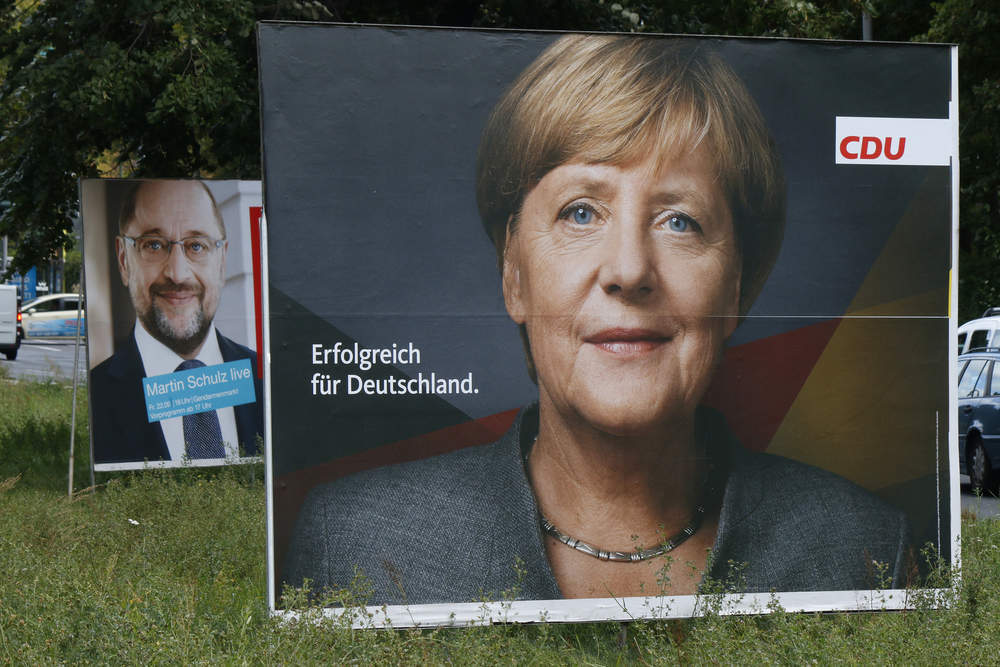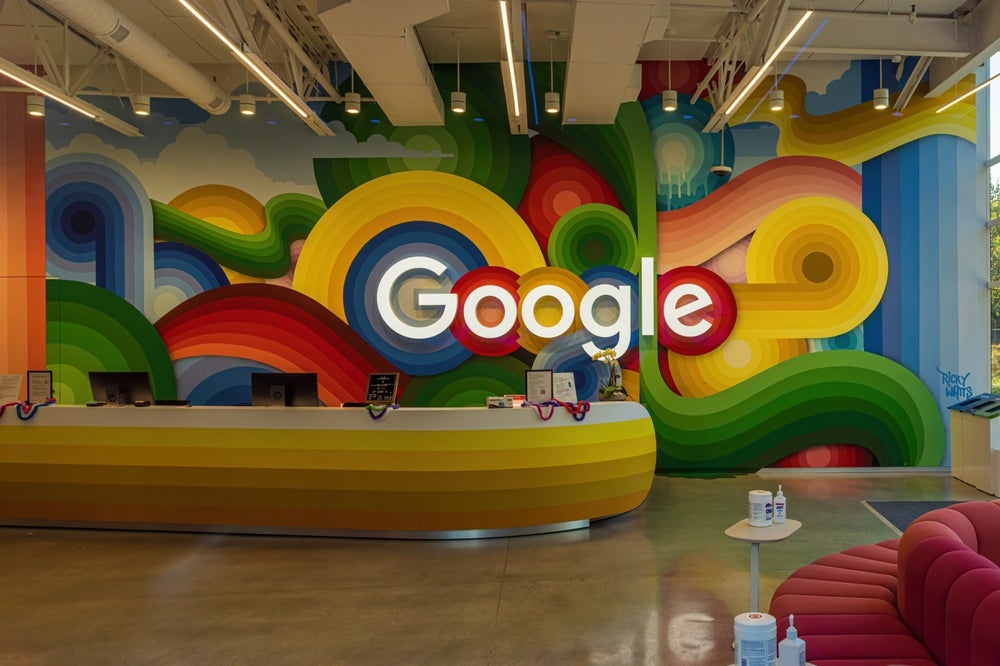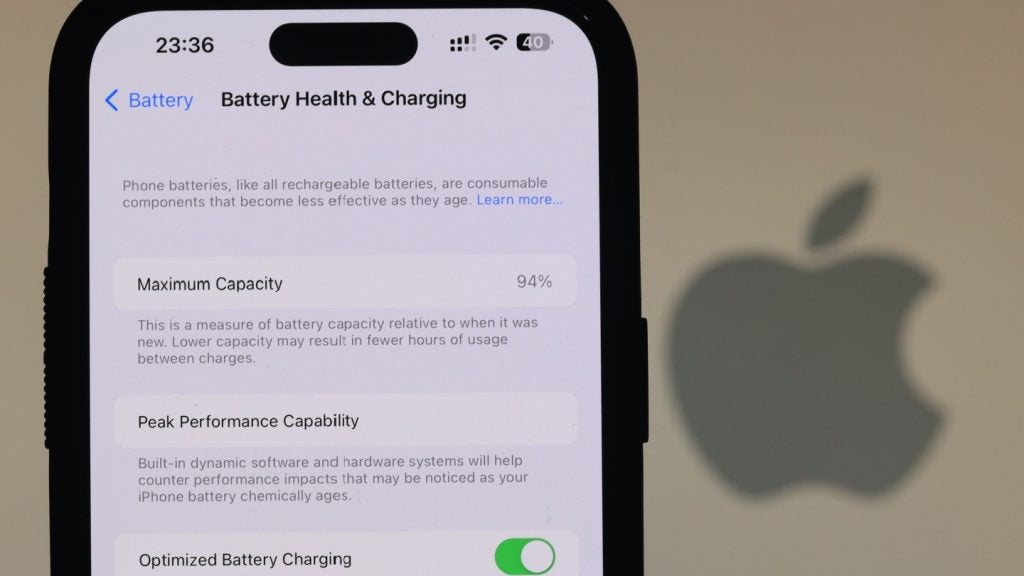
On Sunday 61.5m people will cast two votes in the German elections — one for the candidate and the other for the party.
According to the polls, fewer Germans support Angela Merkel when compared to the country’s last elections but Merkel will still win the election.
It’s thought unlikely that any event between now and then will much influence the result — suggesting it’s in the bag for Merkel.
Although Merkel and her Christian Democrats want to stay for the fourth term in the office, data indicates that support may continue to decline, giving opponents better chances to win next elections.
The complex nature of the German electoral system practically prevents one parliamentary majority from gaining parliamentary majority. This forces the formation of a coalition of two or more groups.
The question now for those watching the election is not who will win, but who will take third place.
How well do you really know your competitors?
Access the most comprehensive Company Profiles on the market, powered by GlobalData. Save hours of research. Gain competitive edge.

Thank you!
Your download email will arrive shortly
Not ready to buy yet? Download a free sample
We are confident about the unique quality of our Company Profiles. However, we want you to make the most beneficial decision for your business, so we offer a free sample that you can download by submitting the below form
By GlobalDataThe latest polls indicate that Angela Merkel’s CDU along with their partners the Christian Social Union will win a clear advantage over the Social Democratic Party but the party fail to win a majority in the Bundestag.
This means that it will have to communicate with the SPD, as it currently has in the current so-called big coalition.
Alternatively, Schulz’s SPD could gain enough last-minute votes to form a coalition with smaller allies. This seemed far more likely in the early months of this year, when the problems of immigration caused Merkel to lose support.
Most likely the leading party will choose the SPD and Die Grunen as future allies, gaining a majority in parliament and at the same time preventing the SPD from becoming an opposition leader.

In the race for third place the Alternative for Germany (AfD) party is taking the lead, which is supported by nearly 10 percent of voters.
After four years of absence from the parliament, the FDP will be reinstated, currently supported by about nine percent of voters.
If the CDU & CSU supporters could decide on a coalition, almost half of them would choose a coalition with the FDP. If the result of the poll would be the actual result of the 24 September elections, the CDU & CSU and FDP Democrats would not, however, have the necessary majority in parliament.
The only constituent of the two parties would be the large coalition of the CDU / CSU and the SPD.
Under these conditions, the Christian Democrats supporters would be in favour of the big coalition with the SPD (45%) and 46% would prefer a coalition with FDP and Die Grunen.
However, the SPD candidate for Chancellor Martin Schulz emphasises that he does not want to continue the great coalition, even less so as a weaker partner.
In these circumstances the most probable coalition will be created by the leading party FDP and Die Grunen – a so-called Jamaican coalition, which may result in many contradictions and opposite opinions regarding national and international state of affairs.
In the long run that may mean no real changes to any important issues and may give the winning edge for major opposition party SPD in the next national election.






